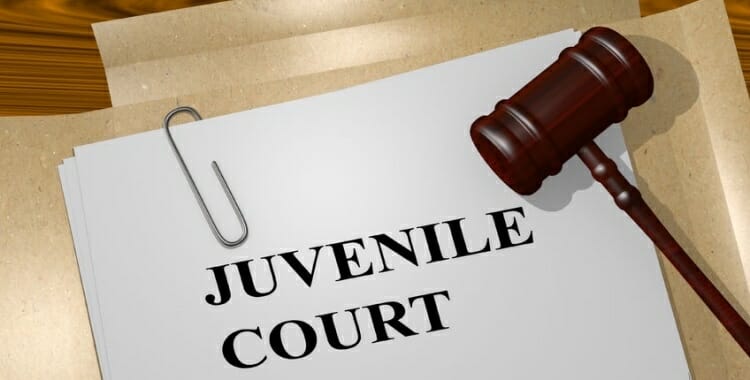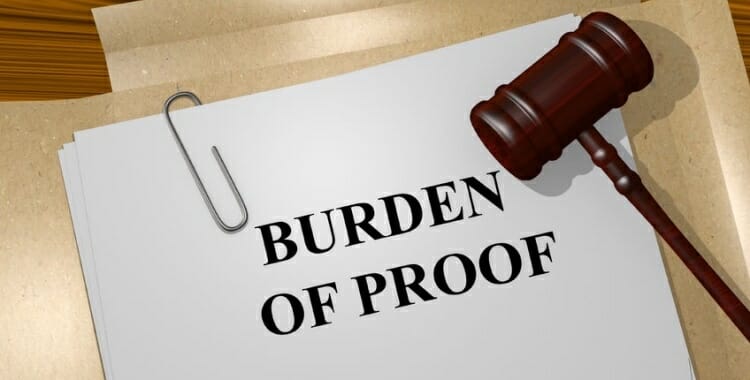Expungement in Arizona
What does expungement mean?
Expunge means to erase or completely remove. Generally speaking, criminal records cannot be expunged in Arizona. A criminal conviction can be set aside and criminal records can be sealed, but that does not erase the existence of the case. There is one situation where expungement is currently available though.
When is expungement available?
In 2021, Arizona passed proposition 207. This legalized, at the state level, the possession of small quantities of marijuana. The proposition also contained language outlining a process for expunging certain marijuana-related convictions. Specifically, as now set forth in A.R.S. 36-2862, a person who has been convicted of any of the following may seek to have the conviction expunged:
1. Possessing, consuming or transporting two and one-half ounces or less of marijuana, of which not more than twelve and one-half grams was in the form of marijuana concentrate.
2. Possessing, transporting, cultivating or processing not more than six marijuana plants at the individual’s primary residence for personal use.
3. Possessing, using or transporting paraphernalia relating to the cultivation, manufacture, processing or consumption of marijuana.
Expungement is not available for criminal speeding or reckless driving, or any other traffic violations.
Why seek expungement?
There are two big reasons to seek expungment.
First, if the “arrest, charge, adjudication, conviction or sentence that is expunged pursuant to this section may not be used in a subsequent prosecution by a prosecuting agency or court for any purpose.” See A.R.S. 36-2862(D).
Second, “An individual whose record of arrest, charge, adjudication, conviction or sentence is expunged pursuant to this section may state that the individual has never been arrested for, charged with, adjudicated or convicted of, or sentenced for the crime that is the subject of the expungement.” See A.R.S. 36-2862(E).
In other words, if the conviction is expunged, it cannot be used against the person in a future prosecution. An expungement also changes how a person may answer questions on a job or housing application, or an application for a professional license, or any other situation that inquires about criminal background.
Schedule a Free Consultation
Email us below and we’ll reach out.
Latest Blog Posts
Juvenile Court And Criminal Traffic Cases
Most criminal traffic cases involving a juvenile defendant do not end up in juvenile court; they are usually handled in the court of limited jurisdiction that covers the area where the violation took place. A limited jurisdiction court is limited in that it can only hear misdemeanor cases, and cannot hear felony cases.
The Burden of Proof in Civil Traffic Hearings
Before I discuss the burden of proof at a civil traffic hearing, I want to discuss a what a civil traffic hearing is first. If a police officer issues you a civil traffic ticket, you have a right to contest that ticket in court. To do so, you must request a civil...



